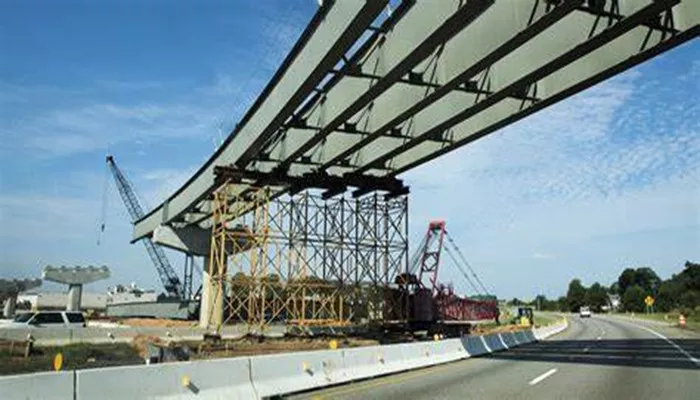January 11 is a date marked by several significant events in Australian history. This article explores these events in detail, providing context and implications for each occurrence.
What Happened on January 11 in Australian History?
1. The Gateway Bridge Opens (1986)
One of the most notable events on January 11 is the opening of the Gateway Bridge in Brisbane, Queensland, in 1986. This bridge serves as a crucial transport link between the northern and southern suburbs of Brisbane, spanning the Brisbane River.Construction and Design:
The Gateway Bridge was designed by the engineering firm Maunsell & Partners and built by Transfield Construction.
It features a main span of 1,040 meters, making it one of the longest bridges in Australia at that time.
The bridge’s design incorporates a distinctive arch shape, which has become an iconic feature of Brisbane’s skyline.
The Gateway Bridge significantly improved traffic flow in Brisbane, reducing congestion and travel times.
It also facilitated economic growth in the region by enhancing access to various industrial areas and improving logistics for businesses.
2. The Wanda Beach Murders (1965)
On January 11, 1965, the Wanda Beach Murders occurred in Sydney, where two teenage girls, Marianne Schmidt and Christine Sharrock, were brutally murdered. This case remains one of Australia’s most infamous unsolved crimes.Details of the Incident:
The girls were last seen at Wanda Beach in Cronulla, where they had gone for a day out.
Their bodies were discovered later that day, prompting a massive police investigation.
The murders shocked the Australian public and raised concerns about safety for young women.
It led to increased media coverage on crime and safety issues in Australia.
The case remains open and has been revisited multiple times with new leads and theories emerging over the decades.
3. Bushfires in South Australia (2005)
Another tragic event associated with January 11 is the devastating bushfires that occurred in South Australia in 2005. These fires resulted in the deaths of nine people and were some of the worst fires seen since the infamous Ash Wednesday fires of 1983.Cause and Spread:
The fires were exacerbated by extreme weather conditions, including high temperatures and strong winds.
They spread rapidly across several regions, destroying homes and wildlife habitats.
Emergency services responded with significant efforts to control the fires, but many communities faced extensive damage.
The event highlighted the increasing frequency and severity of bushfires in Australia due to climate change.
In response to such disasters, there have been ongoing discussions about improving fire management strategies and community preparedness.
4. Cessation of Hostilities in Vietnam (1973)
On January 11, 1973, Australian forces officially ceased hostilities in Vietnam following the end of Australia’s involvement in the Vietnam War. This marked a significant moment in Australian military history.Background:
Australia had been involved in Vietnam since 1962, contributing troops as part of its commitment to support South Vietnam against communist forces.
Over 60,000 Australians served during this conflict, with approximately 500 losing their lives.
The cessation marked an end to an era characterized by deep political divisions within Australia regarding military involvement overseas.
It prompted a reassessment of Australia’s foreign policy and military commitments moving forward.
5. Japanese Capture of Tarakan Island (1942)
On January 11, 1942, during World War II, Japanese forces captured Tarakan Island in Borneo. This event was part of Japan’s broader strategy to secure oil supplies from Southeast Asia.Military Context:
The capture was significant due to Tarakan’s oil fields, which were vital for Japan’s war efforts.
The battle involved fierce fighting between Japanese troops and Allied forces stationed on the island.
Following this capture, Japan continued its aggressive expansion throughout Southeast Asia.
The loss of Tarakan highlighted vulnerabilities within Allied defenses in the region.
Conclusion
January 11 is a date that encapsulates various pivotal moments in Australian history—from infrastructure achievements like the Gateway Bridge to tragic events like the Wanda Beach Murders and bushfires. Each event reflects broader themes such as national identity, safety concerns, military involvement abroad, and environmental challenges. Understanding these historical occurrences provides insight into Australia’s evolving narrative over time.
Related Topics:

